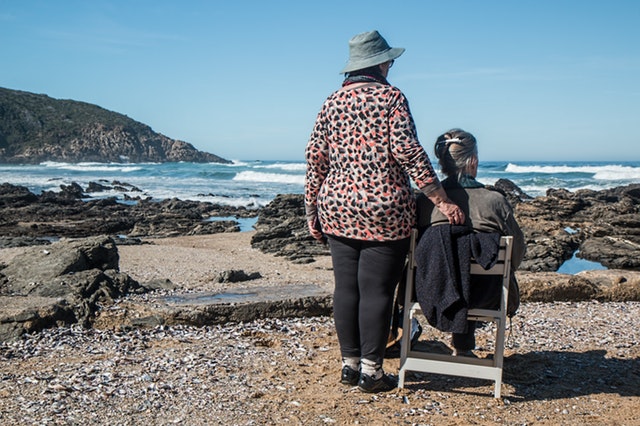“The problem is no one dies anymore” –Working Daughter by Liz O’Donnell
While the quote from O’Donnell’s book may sound harsh, there is truth in it for millions of caregivers out there today.
Yes, we know our parents will one day die. But we are not prepared for the fact that most people do not simply die.
Instead, they decline over a period of years or decades, growing frailer during that time.
Who takes care of them during this decline?
Often the adult children, with caregiving responsibilities creeping up on them and pushing them into an uncomfortable role reversal for which they are not ready.
It’s time we get prepared. Adult children of perennials are likely to be caregivers at some point, as experts tell us that we will not be able to meet the caregiving demands with professional care alone.
Unpaid family caregivers will make up the difference.
These family caregivers are seldom qualified to provide care. They often have no warning that a health crisis is coming for their parents, throwing them into caregiving with little or no time to prepare. And it is likely they will have little support.
When you become a parent (aka caregivers for young children), everyone talks about it. There are books, blogs, support groups, friends, family, and neighbors all eager to help.
When you become a caregiver for an aging parent? No one talks about it.
Need information about how to balance work and family as a working mother? Lots of information available. As a working caregiver? Very little.
So how can you begin to prepare?
- Acknowledge what is likely coming. Caregiving tends to take people by surprise, even though they know that their parents are aging and things are changing. By acknowledging that you are likely to have to help them, you can start to get ready.
- Start the paperwork. You cannot predict the changes ahead in the health of your perennial. Save your family stress by getting the necessary paperwork completed and signed. Although everyone hopes they never need to use their power of attorney or living will, getting everything in place well before a crisis will save your family stress as things change.
- Investigate available resources. If your parent had a sudden health change tomorrow, do you know how much time you could take off work? If your employer offers caregiving resources? If there are Caregiver groups in the area that offer support and resources? Find out now so that the information is already known before a crisis comes along.
- Be ready to take control and problem solve. When people become caregivers, attitude is everything. Studies have shown that caregivers who take a problem-solving and active approach to caregiving experience less stress than those who feel helpless.
Taking these steps will make life easier when your caregiving journey comes along.





